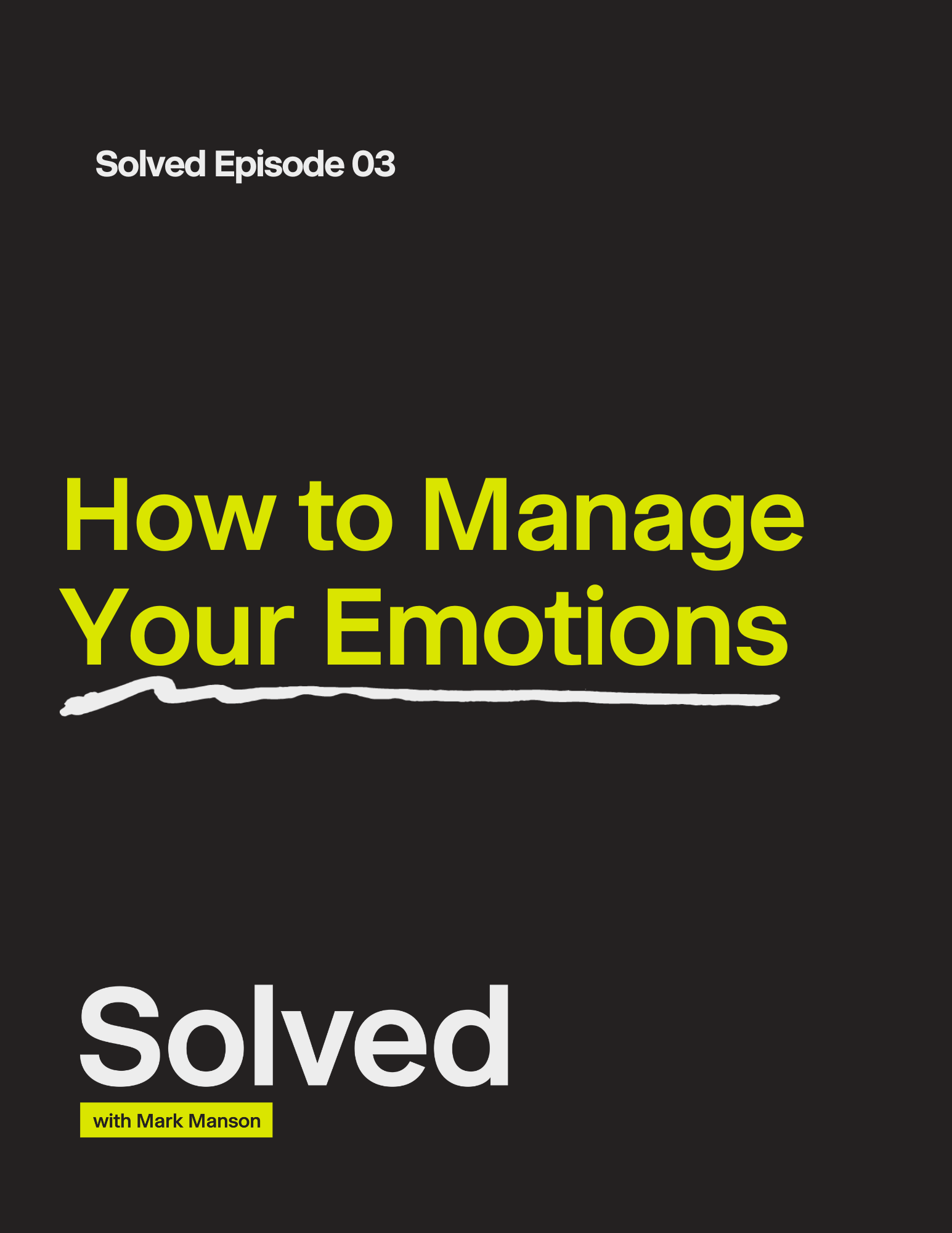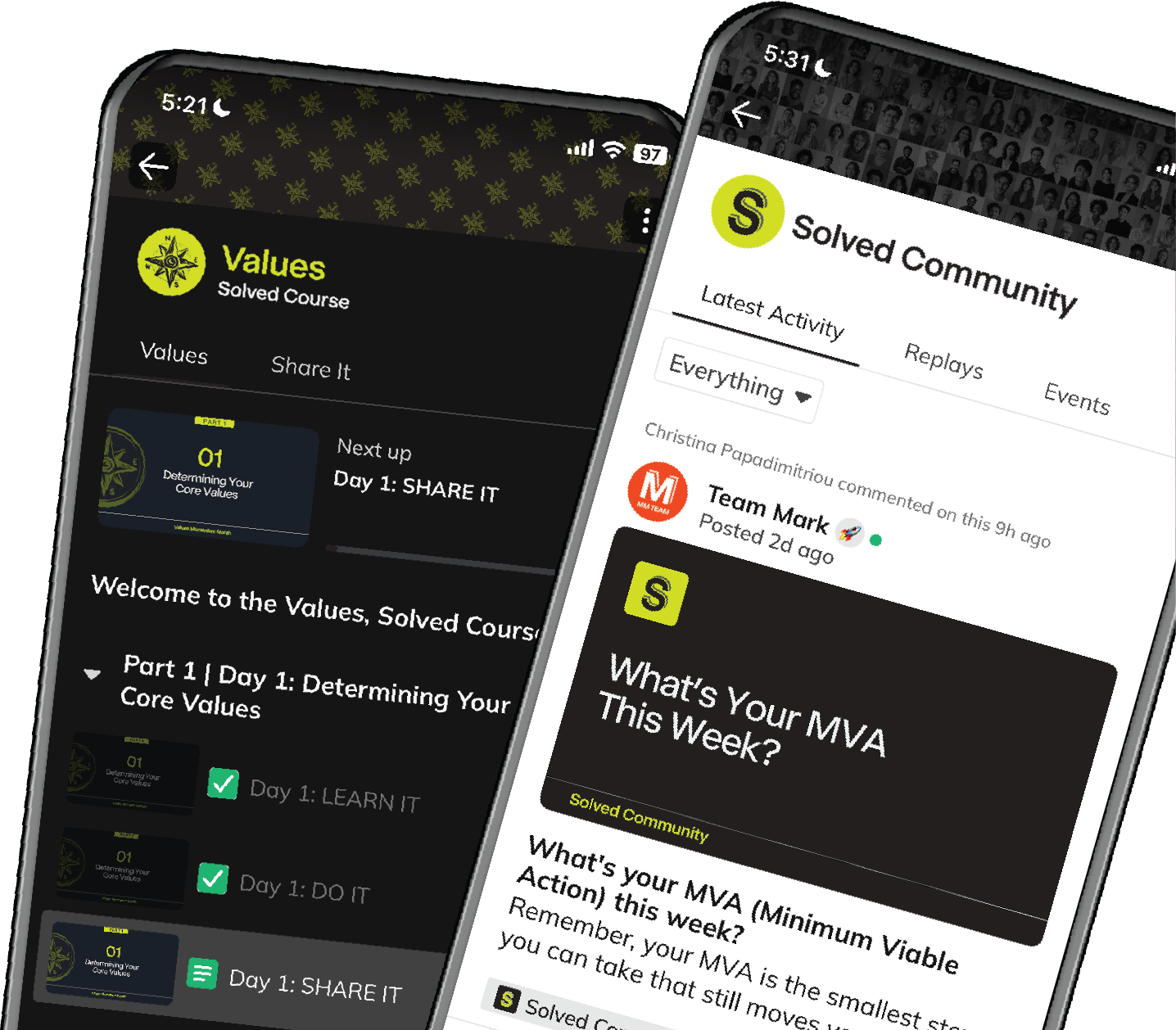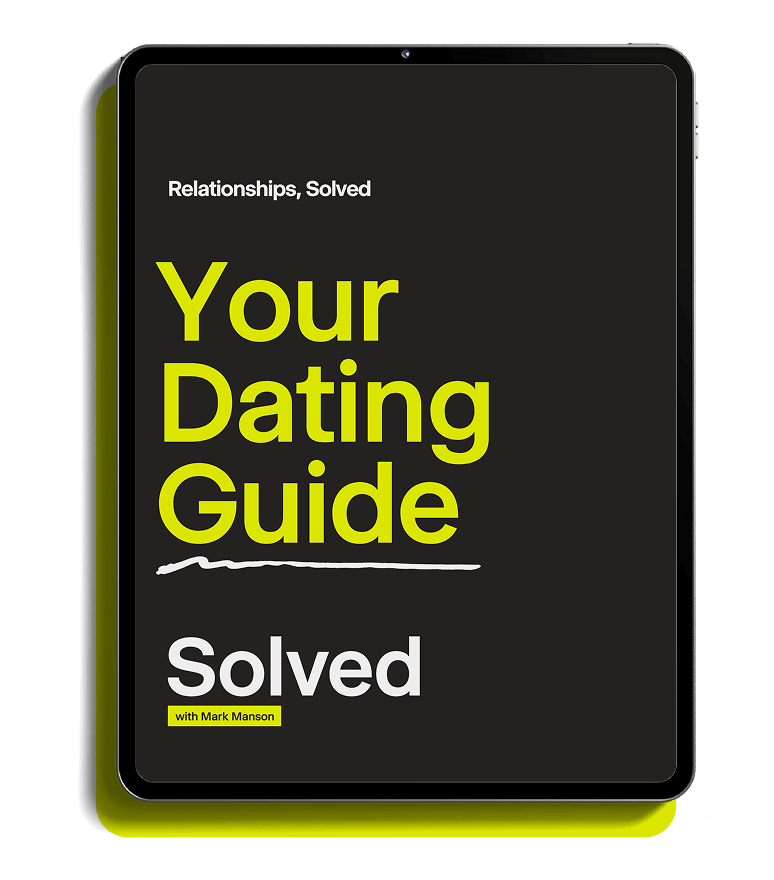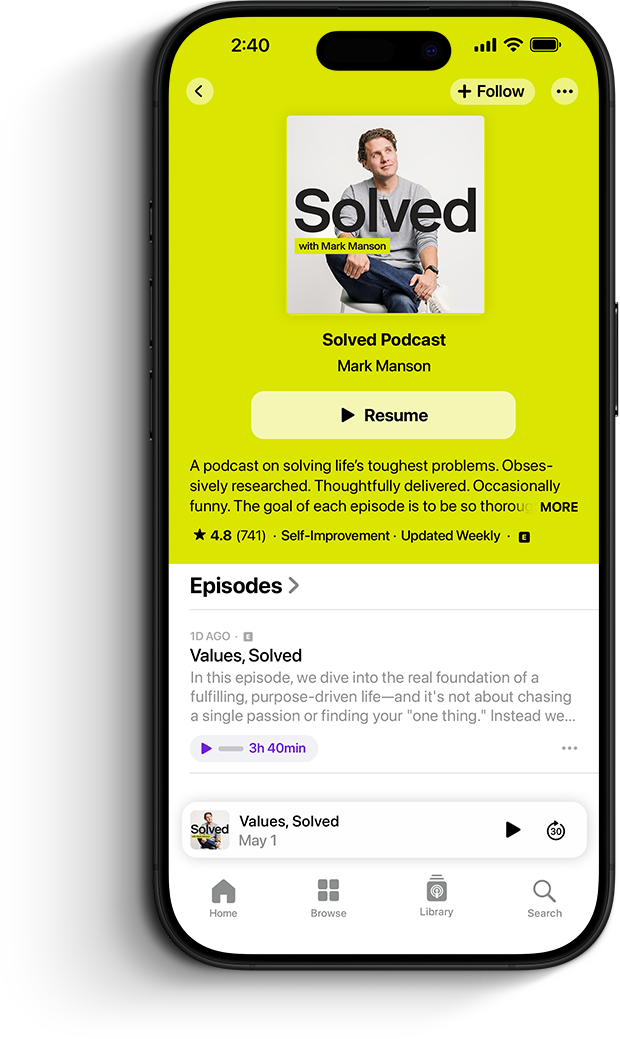Emotions, Solved
What are emotions? Why do we feel anything at all? And more importantly — can we actually get better at feeling?
In this episode, Drew and I dive headfirst into what might be the hardest question in all of psychology: what the actual f**k are emotions? We break down the biology, neuroscience, evolution, culture, and even language that shape how we feel — and why we often don’t understand what the hell is going on inside us. From ancient philosophy to brain scans, this is a deep (and occasionally weird) look into the emotional chaos that makes us human.
We unpack everything from the origins of emotional intelligence (spoiler: it might be BS) to the science of emotional regulation, attachment styles, and the sneaky ways your culture wires your emotional defaults. Along the way, we explore why some relationships make you feel like a better person while others drain the life out of you, and how trauma, genetics, and childhood with your ability to keep it together.
But this episode isn’t just about understanding emotions — it’s about learning how to work with them. And we give you a full emotional toolkit: a set of evidence-based tools to help you manage your emotions, build better relationships, feel more motivated, and yes — even feel more confident in yourself in the process.
Episode Notes
Referenced in This Episode
- Lisa Feldman Barrett
- "How Emotions Are Made" (Book)
- Paul Ekman
- Basic Emotions Theory
- Epigenetics
- Michael Meaney
- Judith Harris
- "No Two Alike" (Book)
- "Getting the Love You Want" (Book)
- Utkuk Inuit Culture
- Affect Evaluation Theory
- Cognitive Reappraisal
- "Emotional Intelligence" (Book)
- Aaron Beck
- Cognitive Behavioral Therapy (CBT)
- Rational Emotive Behavioral Therapy
- Dialectical Behavioral Therapy (DBT)
- Acceptance and Commitment Therapy
- Pennebaker Journaling
- Aristotle
- Four Noble Truths
- Eightfold Path
- Upekka (Equanimity in Buddhism)
- Dharma (Hinduism)
- Li (Confucian concept)
- Jean Piaget
- Erik Erikson
- Cognitive Dissonance
- White Lotus (TV Show reference)
- MBTI (Myers-Briggs Type Indicator)
- The Better Angels of Our Nature (book)
- Edward Bernays
- Joseph Campbell
- Carl Jung
- Narrative Therapy
- Derek Sivers
- Jeet Kune Do
- Will Smith
- Venus Williams
- Attachment Theory
- John Bowlby
- Mary Ainsworth
- Byron Katie – The Work
- Conceptual Act Theory
Prefer to read this episode?

Well, you’re in luck. I made you a handy digital reference guide with the sharp recaps you need—because let’s be real, you’ll forget half of this by tomorrow.
It’s free. Just join the podcast mailing list, and I’ll send it over. No spam, no fluff—just the stuff that actually helps.
Hit the button. Get the goods.
Your information is protected and I never spam, ever. You can view my privacy policy here.




